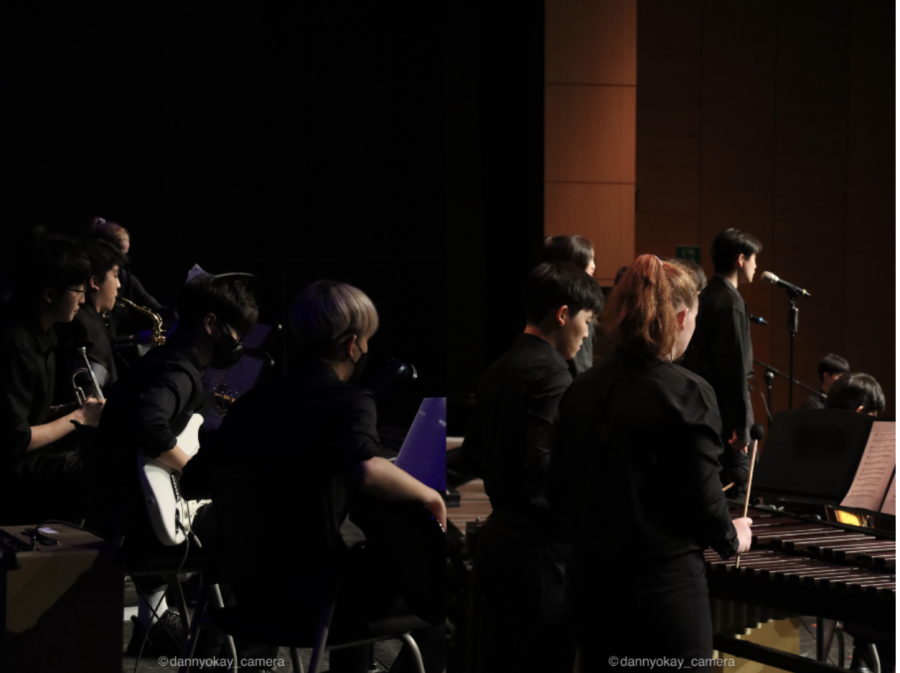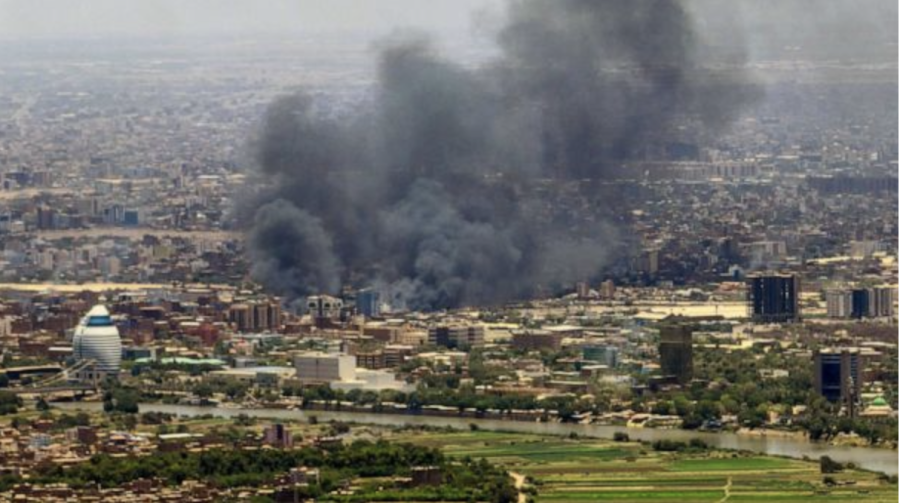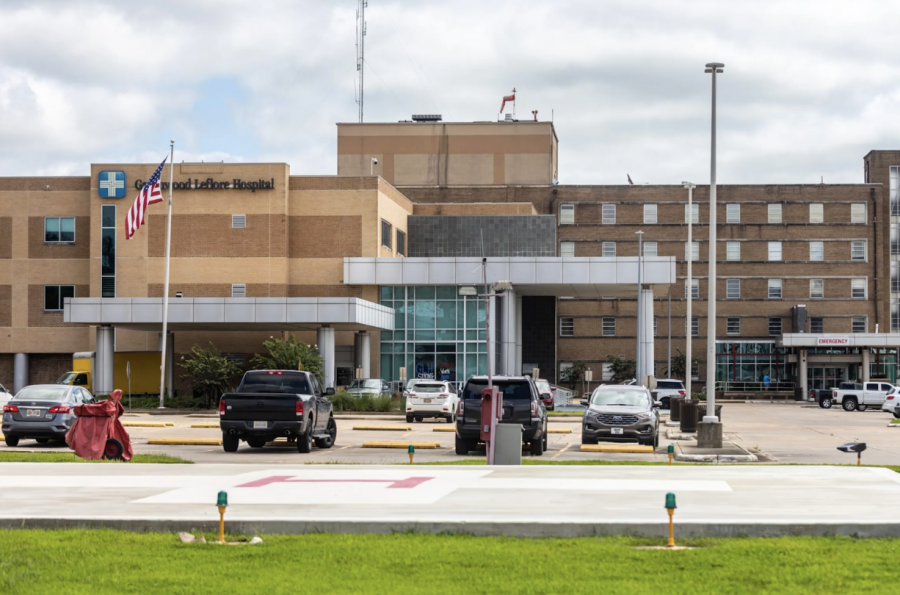Hospitals closing in Mississippi Delta
According to ‘Mississippi Today’, six hospitals, predominantly those located in the Black Mississippi Delta community, have closed since 2005. Due to the ever-rising costs within the industry, dozens more are predicted to close in the near future, which poses a serious threat to the health (security) of those who dwell in the near vicinity.
Greenwood Leflore, the hospital that brought the dwindling Mississippi clinics to the public’s attention, is in the process of being closed. ‘Mississippi Today’ claims that without funding, the hospital could close as early as this November. With at least six additional hospitals facing similar economical challenges, State Health Officer Dr. Daniel Edney described Mississippi Delta’s healthcare structure as “very fragile”. The severity of the problem is accentuated by the fact that despite a significant increase in press – and public – attention, there is still a lack of tangible and forthright action regarding the central issue.
The closing of Mississippi hospitals is problematic for three main reasons: the noticeable increase in unemployment that’s bound to follow the hospital’s closing, the health risk of adjacent dwellers, and the specific duties currently upheld by the hospitals that will go untethered.
Greenwood Leflore is a hospital with 208 hospital beds. The clinic is one of Mississippi’s largest employment institutions, and burdens the task of securing the jobs of over 750 people full- and part-time. Greenwood CommonWealth claims that the Greenwood Leflore Hospital has already had two major releases including both full- and part-time employees. First in February – of 53 workers – and in July – of 50 workers. Reaching 14.8 percent of unemployment rates in Leflore County, this was the highest per month the county has seen since 1991. The ex-workers also being citizens, without the insurance coverage policies aiding them, many are purring off elective procedures, which related directly to the next problem: the citizen’s health would be at risk.
Regardless of one’s current status in health, due to the government’s refusal to cover low-income workers with Medicaid, a majority of the residents are without insurance, therefore vulnerable to any type of ailment. More specifically, if there is a lack of hospitals in the nearby region, individuals would be prevented from or forestalled from receiving swift medical treatment. This will inevitably lead numerous individuals to miss the time period or opportunity to acquire sufficient medical care, ultimately costing them not only more money but also long-term consequences. Both options will naturally put restraints on the citizen’s and their families’ normal lives, including their jobs; therefore, resulting in a vicious cycle.
Overall, the problem is exacerbated by the fact that this is occurring throughout dozens of hospitals in Mississippi, not only in Greenwood. The fact that no institution, even despite the prevalent press attention, is willing to promptly aid in preserving the hospital also goes a long way in showing the blind spots and shortcomings of the municipality and the government as a whole. With sufficient acknowledgment of Mississippi’s current status, it’s the hope of all that the issue is well tended to.

My name is Clair Park, and I'm a sophomore attending Chadwick International. I'm one of the columnists in CI Waves, and this is my first year trying out...
















